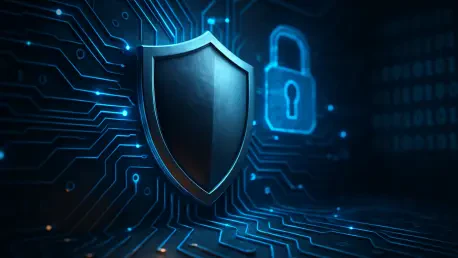Amid the ever-increasing concern for digital safety, a pioneering initiative has emerged within the D.C. School District to cultivate interest in cybersecurity careers among young students. The Cybersecurity Job Corps pilot program actively involves K-12 students from various schools, engaging them in the foundational aspects of cybersecurity, such as coding and cyber defense. This action highlights a strategic response to the evident staffing shortfall in the sector, where despite the high demand, only 74% of cybersecurity roles are presently filled. Among efforts to address this gap, the introduction of real-world scenarios and paths to industry certification in the program showcases a proactive approach to preparing the next generation for the cybersecurity workforce.
Foundation of the Cybersecurity Job Corps Program
Real-World Learning Advancements
The Cybersecurity Job Corps pilot program, held from June 23 to August 1, leverages practical learning experiences to introduce students to the intricacies of cybersecurity. By incorporating real-world scenarios, students gain hands-on knowledge of coding and cyber defense, crucial components in protecting digital infrastructures today. The exposure not only cultivates technical skills but also garners student interest in pursuing careers within the cybersecurity realm. This initiative, supported by local leaders and workforce organizations, ensures that students receive a comprehensive introduction to the sector, which could lead to future employment and a more robust local talent pool.
Bridging the Workforce Gap
This pilot program’s introduction is timely, given the alarming statistic that more than half a million cybersecurity job listings went unfilled between May 2024 and April 2025. The ambitious model is designed with scalability in mind, with plans to extend from urban centers to rural districts nationwide. The approach seeks to enhance the workforce’s diversity and tap into local talent. With guidance from influential figures like William A. Liggins, D.C. strides toward building a substantial, diverse pipeline for cultivating cybersecurity professionals. The initiative addresses the workforce shortage directly by immersing students in courses that yield industry certifications from entry-level to advanced.
Program Impact and Future Expansion
Student Engagement and Opportunities
A significant factor in successful workforce development is engaging students, a task this program tackles by integrating within the Mayor’s Summer Youth Employment Program. Many participants plan to continue their education in cybersecurity, emphasizing the direct impact of the program on their academic trajectories. Importantly, students have the chance to earn elective credits, signifying advancement in cybersecurity education within the school curriculum. This dual engagement not only accelerates the region’s adaptation to skill and job market changes but also empowers the students with an exceptional educational opportunity, setting the stage for success within the technological realm.
Vision for Broader Implementation
Amid growing concerns about digital security, the D.C. School District has launched an innovative initiative aimed at sparking interest in cybersecurity careers among young students. This pilot program, known as the Cybersecurity Job Corps, actively engages K-12 students across various schools, immersing them in the basics of cybersecurity, including coding and cyber defense strategies. This move is a strategic response to the staffing shortages plaguing the cybersecurity industry, where only 74% of positions are currently filled despite soaring demand for experts in the field. Through introducing real-world scenarios and pathways to industry certification, the program demonstrates a forward-thinking approach in equipping the future workforce with essential skills. This endeavor not only fosters early interest in a critical sector but also aligns educational goals with market needs, ensuring that a new generation is well-prepared to step into roles that are vital for safeguarding digital infrastructure.









